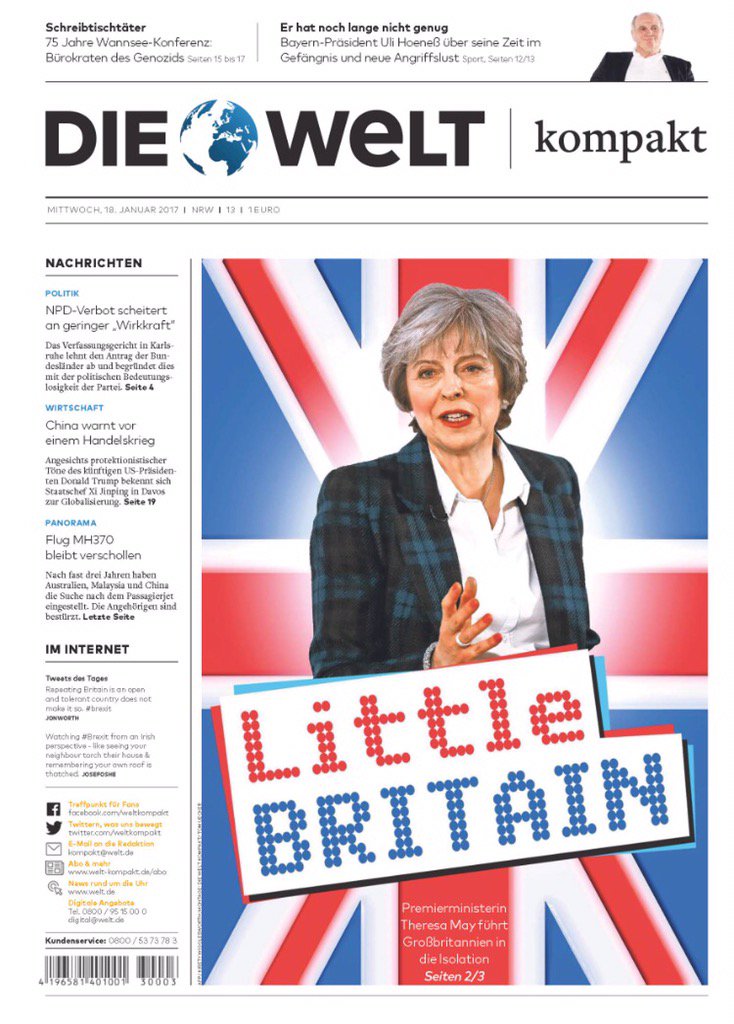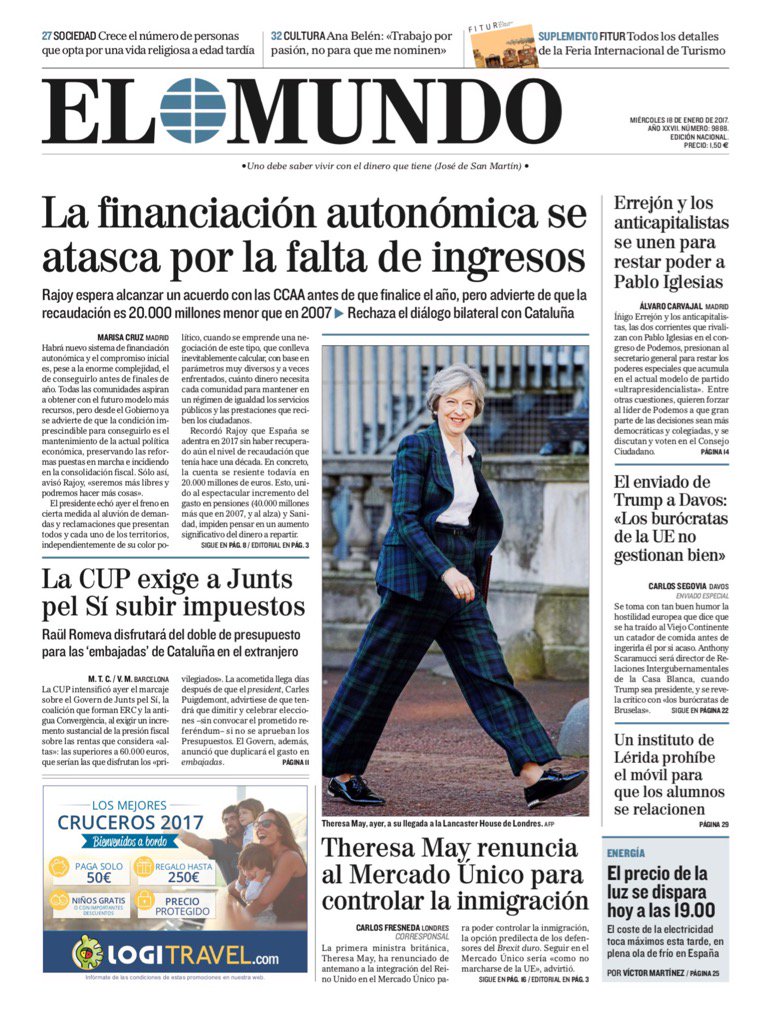Originally posted by sal
View Post
Whether the "Importer" chooses to pass on the cost of the goods to the end consumer is up to the circumstances of that particular importer and the goods he is trying to sell.
Broadly he has the following choices:
- Pass on the full cost of the duties - at a risk of losing market share to others
- Absorb some of the cost - pass on a partial increase
- Source alternative goods from countries which won't attract import duties
- Source goods locally
A lot of it comes down to how competitive that market is for that particular item.
So for example if we end up putting a quid on a bottle of French red wine the importer ( Tesco ) can either pass all of that on, pass some of it on, or buy a shipment from Australia and promote that instead.
The end consumer has a choice:
- Buy the goods at an increased cost.
- Buy a cheaper alternative.
- Don't buy the goods at all.
And the government has choices too depending on what it's political priorities are.
For example it could fund public services or cut the general personal tax rate or cut corporation tax or provide tax breaks for exporters or provide tax breaks for local manufacturers.
My point is that although all taxes are "bad" ( in that they depress economic activity ) it does not mean that the importer, the consumer or the government is helpless.
Choices can be made to changes in any given situation and appropriate responses taken.











Comment